
Empowering Energy Innovators
The Energy Transition Student Days is an in-person programme scheduled from 27 to 29 October 2025 during the EAGE GET conference. Please note that a participation fee of €100 applies.
The ‘Geosciences and the Energy Transition Challenge‘ programme provides the participants with a broad understanding of technical, economic, and societal issues relevant to energy resource developments such as carbon storage (CCS), shallow and deep geothermal, and hydrocarbon extraction.
Emphasis is on practical work and involves the assessment of a single site in a densely populated area in NW Europe as a case study for the development and
planning of a geothermal project (for district heating and for large scale power
generation), a carbon sequestration store, or a hydrocarbon field.
The participants analyze hands-on technical and basic economic evaluations, risks and uncertainties, scenario analysis, dilemmas and stakeholder expectations, as well as wider socio-economic challenges related to developing an industrial scale subsurface energy resource. These case study projects are placed against the Paris Climate goals to get an appreciation of the scope of the challenges that lie ahead.
This 3-day-long programme is set up for in-person teamwork and is designed using a problem-based learning approach. The participants will interpret some basic technical data, create production- and cashflow profiles, take on technical and non-technical challenges, and think about the feasibility and risks of subsurface energy projects.
Pass includes:
Opening Ceremony
Plenary Sessions
Technical Programme
Exhibition
Exhibition Programme
Icebreaker Reception
Conference Evening
Workshops
Field Trips
Short Courses
Learning is through a blend of lectures covering the basics of subsurface resource development (4 sessions of 3 hours each in the morning), reinforced by practical team-work (1 hour each afternoon) and class discussions of interim results (next day). In this way, learning is reinforced by doing, with a focus on realistic and practical examples.
A basic knowledge of earth sciences is preferred, though not required.
Morning Lecture
10:00- 13:00 CET
Afternoon Exercise
14:30 – 15:30 CET
Morning Lecture
11:00 – 13:00 & 14:00 – 15:00 CET
Afternoon Exercise
16:30 – 17:30 CET
Morning Lecture
9:00 – 12:00 CET
Afternoon Exercise
14:00 – 15:00 CET
*Lunch is included
Morning Lecture
8:45 – 11:45 CET
Afternoon Exercise – 1 hour
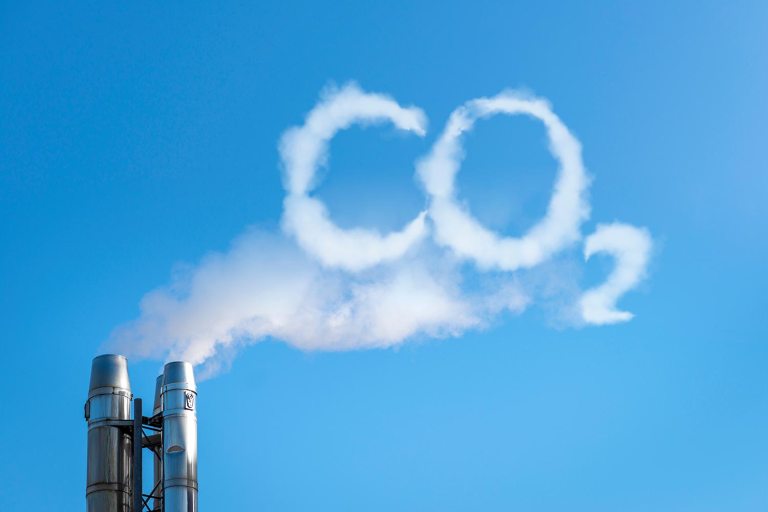
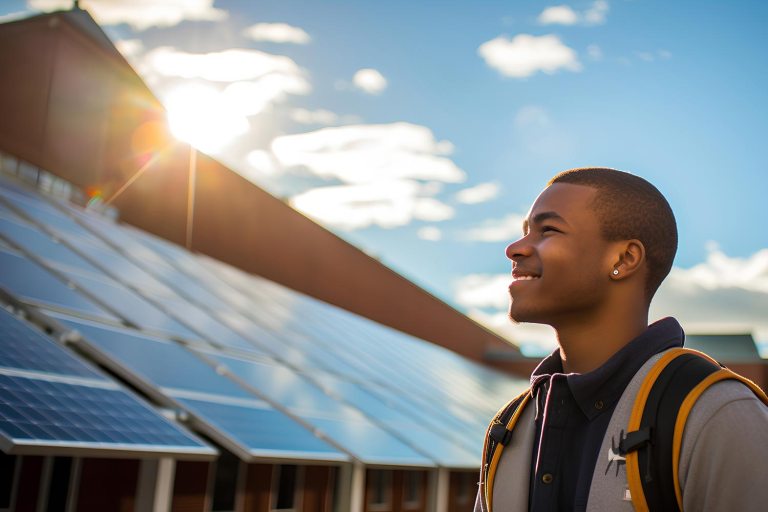
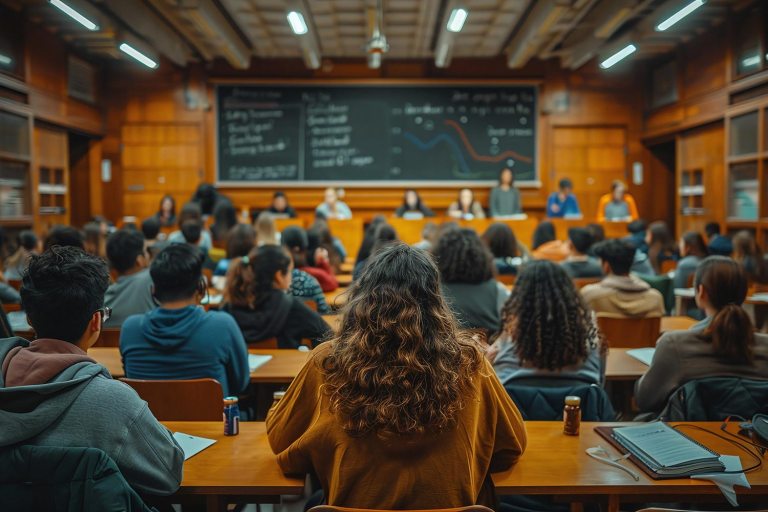
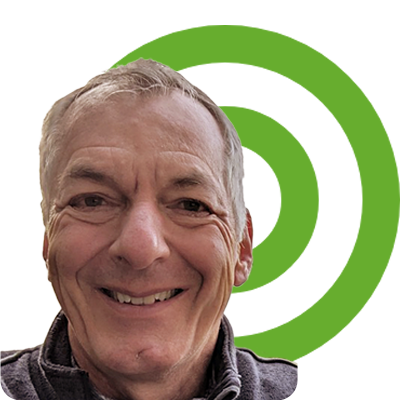
Geologist – Synergeo LLC
Dr. Raymond Franssen is a geologist. He joined Shell in 1989 as a Research Geologist and he has worked in exploration and production units across Europe, U.S.A., Asia, and the Middle East in a variety of roles but always with a strong earth science component.
Since he left Shell in 2020 he refocuses on the role of geosciences in the Energy Transition. He spends most of the time in the Netherlands and Canada, he enjoys hiking, wines, photography and reading.

Geologist – Synergeo LLC
Dr. Raymond Franssen is a geologist. He joined Shell in 1989 as a Research Geologist and he has worked in exploration and production units across Europe, U.S.A., Asia, and the Middle East in a variety of roles but always with a strong earth science component.
Since he left Shell in 2020 he refocuses on the role of geosciences in the Energy Transition. He spends most of the time in the Netherlands and Canada, he enjoys hiking, wines, photography and reading.
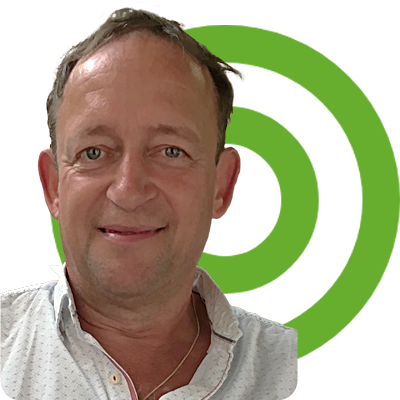
Geologist and petroleum engineer
Dr. Manuel Willemse is a geologist and petroleum engineer with a PhD from Stanford. He has worked 30+ years in exploration, development, production, safety and new business development, followed by several senior management positions.
After working in multiple continents and under very different cultural and regulatory settings, he currently works in subsurface energy storage and volunteers as municipal energy transition coach.

Geologist and petroleum engineer
Dr. Manuel Willemse is a geologist and petroleum engineer with a PhD from Stanford. He has worked 30+ years in exploration, development, production, safety and new business development, followed by several senior management positions.
After working in multiple continents and under very different cultural and regulatory settings, he currently works in subsurface energy storage and volunteers as municipal energy transition coach.
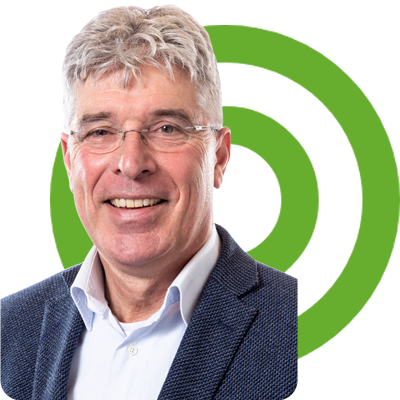
Dr. Eilard Hoogerduijn Strating is a geologist and senior consultant Energy Transition with a focus on heat transition (incl geothermal) and industry decarbonization (including CCS).
With 30+ year experience in the conventional (oil and gas) and renewable energy business in the Netherlands and Internationally (Oman, Egypt, USA) he has gained experience in the development, realisation and operation of subsurface energy projects.
He shifted focus to energy transition themes in 2015, initially with Shell (where he established Shell Geothermal BV.) and since 2021 as with engineering consulatcy Haskoning.

Geologist and consultant Energy Transition
Dr. Eilard Hoogerduijn Strating is a geologist and senior consultant Energy Transition with a focus on heat transition (incl geothermal) and industry decarbonization (including CCS).
With 30+ year experience in the conventional (oil and gas) and renewable energy business in the Netherlands and Internationally (Oman, Egypt, USA) he has gained experience in the development, realisation and operation of subsurface energy projects.
He shifted focus to energy transition themes in 2015, initially with Shell (where he established Shell Geothermal BV.) and since 2021 as with engineering consulatcy Haskoning.
I’m your AI-assistant AT GET 2025
As your supercharged search engine, I’ll help you browse the programme, explore sessions and speakers, plan your schedule, get quick answers, and stay updated.
